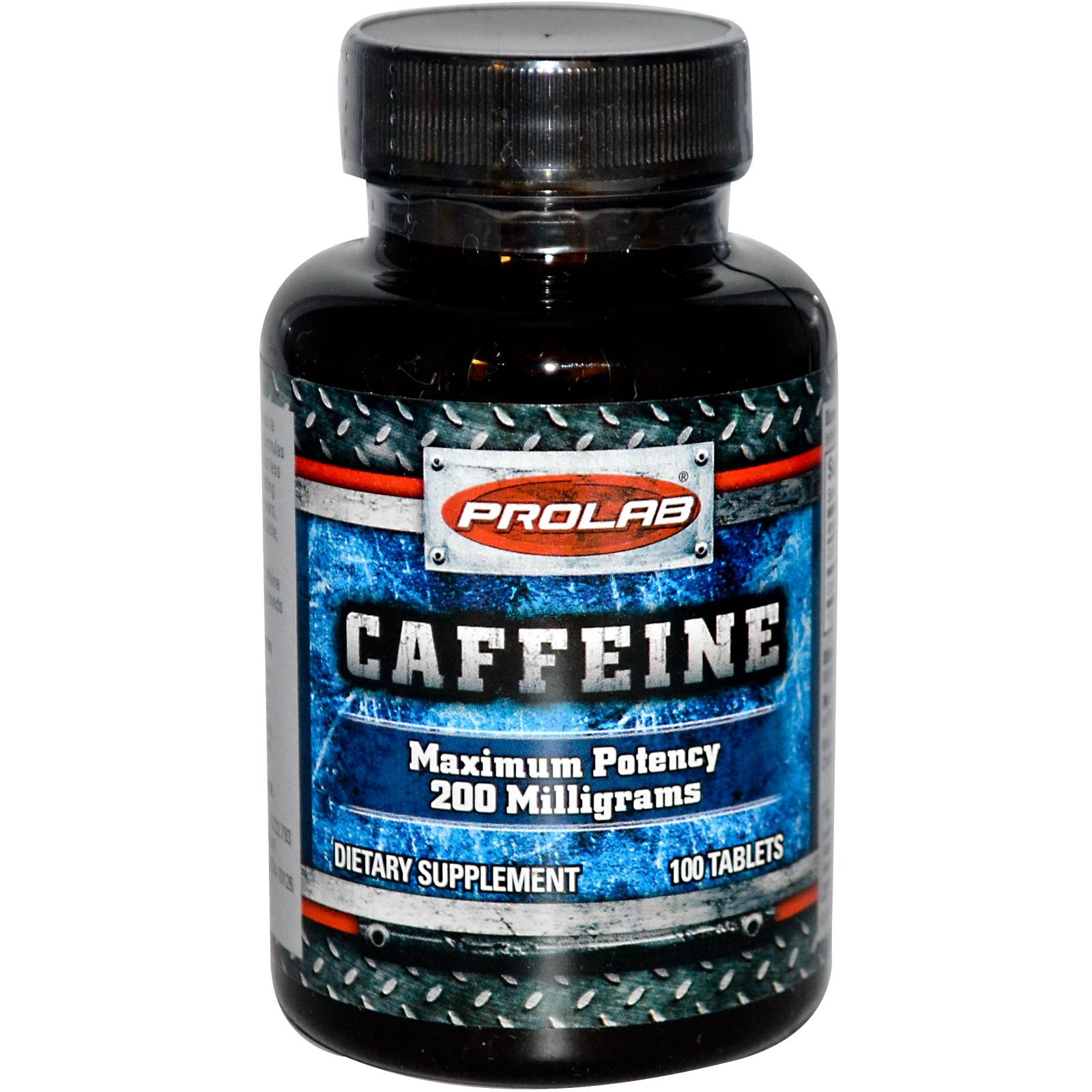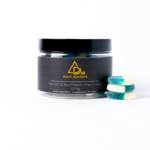
Benefits of Caffeine Supplements
Caffeine, perhaps one of the most widely consumed psychoactive substances in the world, is found naturally in various plants such as coffee beans, tea leaves, and cacao pods. Its stimulating effects on the central nervous system have made it a staple in the daily routines of millions, whether through beverages like coffee and tea or through supplements. Caffeine supplements offer a concentrated dose of this compound, providing an efficient way to harness its potential benefits. This comprehensive guide explores the multifaceted benefits of caffeine supplements, shedding light on its effects on physical performance, mental alertness, metabolism, and overall health.
Physical Performance Enhancement
Caffeine is well-known for its ability to enhance physical performance, making it a popular supplement among athletes and fitness enthusiasts. Studies have shown that caffeine can improve endurance, strength, and power output during exercise by stimulating the release of adrenaline, increasing the mobilization of fatty acids for fuel, and reducing perceived exertion. Whether consumed as a pre-workout supplement or during prolonged physical activity, caffeine can help individuals push their limits and achieve peak performance.
Mental Alertness and Cognitive Function
One of the most immediate effects of caffeine is its ability to increase alertness and improve cognitive function. By blocking the action of adenosine, a neurotransmitter that promotes relaxation and drowsiness, caffeine enhances neural activity and promotes wakefulness. This can result in improved concentration, focus, and reaction time, making caffeine supplements a popular choice for students, professionals, and anyone seeking a mental boost.
Metabolic Boost and Fat Loss
Caffeine is also recognized for its thermogenic properties, meaning it can increase metabolic rate and promote fat oxidation. By stimulating the release of adrenaline and activating thermogenesis in brown adipose tissue, caffeine supplements can enhance calorie burning and facilitate weight loss when combined with a healthy diet and regular exercise. Additionally, caffeine’s appetite-suppressing effects may help individuals control their food intake and reduce cravings, further supporting weight management efforts.
Enhanced Athletic Performance
In addition to its effects on physical performance, caffeine has been shown to improve various aspects of athletic performance. It can increase anaerobic performance, boost muscle strength and power, and delay fatigue during high-intensity exercise. These benefits make caffeine supplements particularly valuable for athletes participating in sports that require short bursts of maximal effort, such as sprinting, weightlifting, and team sports like soccer and basketball.
Mood Elevation and Well-Being
Caffeine is known to have mood-elevating effects, thanks to its ability to increase the release of neurotransmitters like dopamine and serotonin, which are associated with feelings of pleasure and well-being. Consuming caffeine supplements can enhance mood, reduce feelings of fatigue and lethargy, and promote a sense of alertness and vitality. For individuals struggling with low mood or depression, caffeine may offer a natural and accessible way to lift spirits and improve overall mental outlook.
Respiratory Health Support
Emerging research suggests that caffeine may have potential benefits for respiratory health, particularly in individuals with conditions like asthma and chronic obstructive pulmonary disease (COPD). Studies have shown that caffeine can act as a bronchodilator, helping to relax the airway muscles and improve airflow to the lungs. While more research is needed to confirm these effects, caffeine supplements may hold promise as a complementary therapy for respiratory conditions.
Neuroprotective Effects
Caffeine has also been investigated for its potential neuroprotective effects, particularly in the context of neurodegenerative diseases like Alzheimer’s and Parkinson’s. Studies have suggested that caffeine may help reduce the risk of developing these conditions by inhibiting the formation of amyloid plaques in the brain and protecting against neuronal damage. While further research is needed to fully understand caffeine’s role in brain health, these findings highlight its potential as a protective agent for cognitive function.
Antioxidant Properties
Caffeine is a potent antioxidant, meaning it can neutralize harmful free radicals and reduce oxidative stress in the body. This antioxidant activity may help protect against chronic diseases such as cancer, heart disease, and diabetes by preventing cellular damage and inflammation. While caffeine supplements should not be relied upon as a sole source of antioxidants, they can complement a diet rich in fruits, vegetables, and other antioxidant-rich foods.
Safety and Considerations
While caffeine supplements offer numerous benefits, it’s important to use them responsibly and be mindful of potential side effects. Excessive caffeine consumption can lead to jitteriness, anxiety, insomnia, and digestive issues in some individuals. Pregnant and breastfeeding women, as well as individuals with certain medical conditions such as heart disease, hypertension, or anxiety disorders, should consult with a healthcare professional before using caffeine supplements.
Additionally, it’s crucial to be aware of caffeine content in other sources such as coffee, tea, energy drinks, and certain medications, as cumulative intake can increase the risk of adverse effects. Moderation is key when using caffeine supplements, and it’s recommended to start with a low dose and gradually increase as tolerated.
Conclusion
Caffeine supplements offer a convenient and effective way to harness the stimulating effects of caffeine for physical performance, mental alertness, metabolism, and overall health. Whether used as a pre-workout boost, a study aid, or a metabolism booster, caffeine supplements have numerous applications in daily life. However, it’s important to use them responsibly and be mindful of individual tolerance and potential side effects. By incorporating caffeine supplements into a balanced lifestyle and under the guidance of a healthcare professional, individuals can tap into the benefits of this widely studied and revered compound.
- Delta 8 Gummies Review: Watermelon vs. Exotic Peaches – Flavor, Effects, and My Take - September 4, 2024
- Waxing Poetic: My CBD Adventure with Glowbar London’s Finest! - April 18, 2024
- Benefits of Cayenne Pepper Supplements - March 30, 2024

